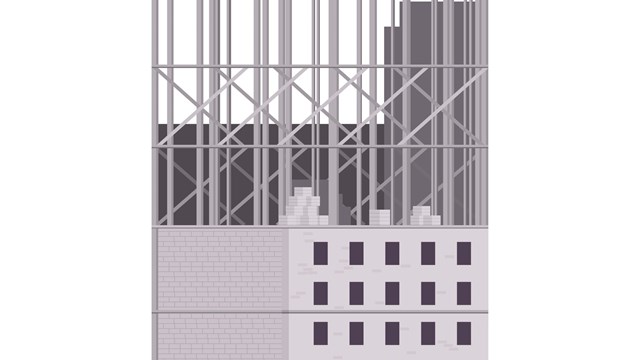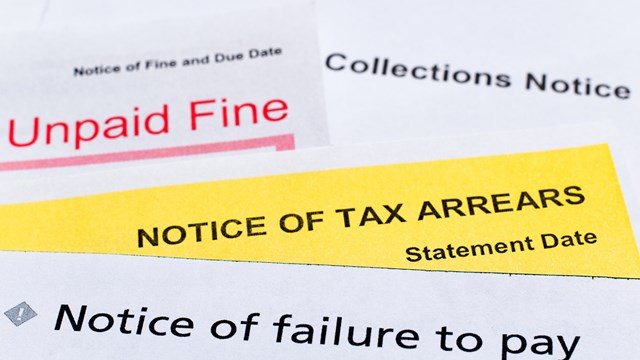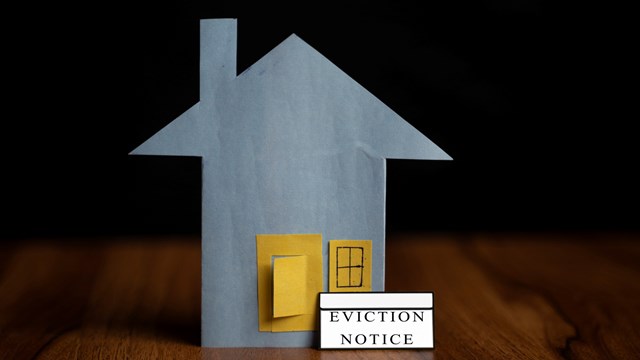
— Concerned Condo Owner
“I admire your tenacity in collecting what is owed to the association,” states Stuart Lieberman, principal of the law firm of Lieberman & Blecher, P.C., in Princeton. “As you are aware, monthly maintenance fees are the lifeblood of any homeowner community. They are the equivalent of municipal taxes—in that they keep everything running.
“When prospective purchasers are looking to purchase a unit in an association, their lawyers frequently ask what percentage of units are past due on monthly assessments. An association that fails to keep this in check may be deemed an unreliable association and therefore not a good investment.
“In collection matters, litigation should be the last resort. If you are sending too many matters to your attorney, your internal controls designed to reduce collections are not working.
“It is very important that the manager of the community make sure that dues are paid on time. Follow up measures must be promptly undertaken when homeowners are more than 30 days delinquent.
“The economy is particularly difficult now and community associations throughout the country should anticipate an even greater problem than previously experienced. The only way to effectively combat this problem is through very aggressive and comprehensive management practices. Letters need to be promptly sent to homeowners, and their lenders if possible, as soon as trouble signals start to present. There also needs to be prompt follow up.
“By follow up, I am not just suggesting that written follow-up letters should be sent. I suggest that phone calls be made as well. Somebody needs to get on the phone and call these homeowners who are delinquent and find out what is going on.
“It is also important that the community newsletter be used as a vehicle for educating the members on the importance and necessity of prompt payment of homeowner association fees. Many people who are first time purchasers in these kinds of communities really do not understand the concept of monthly maintenance fees. They may have been used to living in either apartment buildings or single family residences where these kinds of payments were not made. It is important that education be made a part of the overall strategy of enhancing collections.
“Along these lines, associations must make sure that meetings and the budget creation process are transparent. Delinquencies may increase if unit owners do not believe that the process is sufficiently inclusionary.”






Leave a Comment